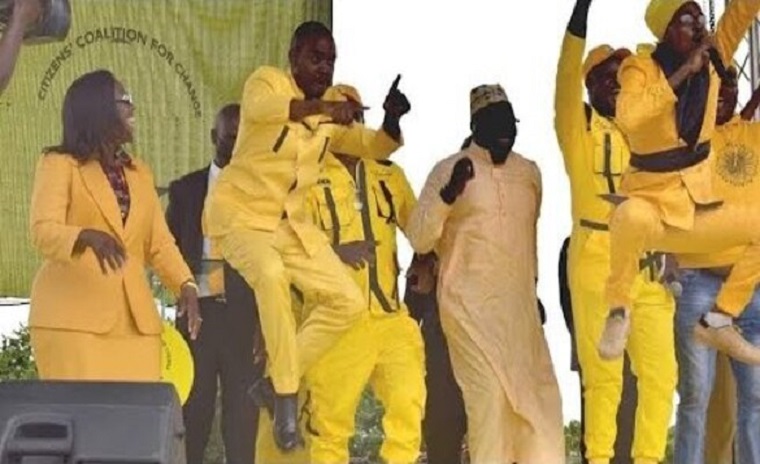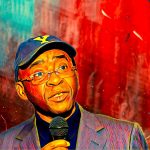To make much of the fact that CCC took 19 of the 28 seats being contested, and to claim that this indicates it will win in 2023, loses sight of the fact that all 19 were captured from MDC Alliance and none from ZANU-PF.
If Chamisa could not win in the 2018 polls, which was among the most free and fair in Zimbabwe’s electoral history and Mnangagwa was on his best behaviour while striving for legitimacy after taking power in 2017, he is unlikely to succeed under very different conditions.
Mnangagwa and the military will be solely and fiercely focused on retaining power at all costs and by any means necessary.
Voting demographics in Zimbabwe remain deeply split along an urban/rural divide. ZANU-PF invariably captures the rural vote and the opposition the urban. As a positive for Chamisa, ZANU-PF made no inroads into opposition strongholds in the by-elections.
However, far from the by-elections showing that Chamisa can change pro-ZANU voting patterns come 2023, these by-elections suggested the opposite.
One of the seats ZANU-PF captured was Harare’s Epworth, a densely populated area with almost double the number of voters of most other seats. This is significant for the numbers in the presidential vote, which is national and not constituency-based.
In 2018 the opposition won Epworth by garnering 26 000 votes. In the by-election its tally plummeted to 8 000, allowing ZANU-PF to win with just 10 000 votes.
Even taking into account that by-election voter turnout is always much lower than in general elections, these numbers should give Chamisa and CCC pause.
Mutasa South allows a similar analysis, but with by-election disinterest moderated. There, both ZANU- PF and opposition votes were greatly reduced. ZANU-PF dropped from 12 000 to just under 6 000, but CCC had the greater decline, plummeting from 14 000 to a little over 5 000. However, this is a rural seat, which one expects ZANU-PF to win.
Chamisa is a lay evangelist preacher and in 2018 used fire-and-brimstone tactics, citing biblical authority, Judgment Day, the return of Jesus, and the end of times.
This electioneering saw claims of fraud falling on fertile ground among opposition supporters who were dealing with an acute crisis of frustrated expectations — and who then on 1 August 2018 took to the streets of Harare in violent protest. The edgy military overreacted and gunned down and killed six people, only one of whom was a protester.
Chamisa says nothing will stop him winning in 2023. But Zimbabwe’s electoral law is vague and shifting and electoral outcomes have certainly favoured the incumbent.
The “independent” Zimbabwe Electoral Commission (ZEC) and its chief elections officer, a “retired” army major, Utloile Silaigwana, have repeatedly shown a willingness to work closely with ZANU-PF.
This factor, together with the usual ZANU-PF violence, intimidation, oppression and use of the state media with its relentless pro-ZANU-PF propaganda – not on display during the by-elections — suggests Chamisa might be over-optimistic.
Continued next page
(436 VIEWS)


